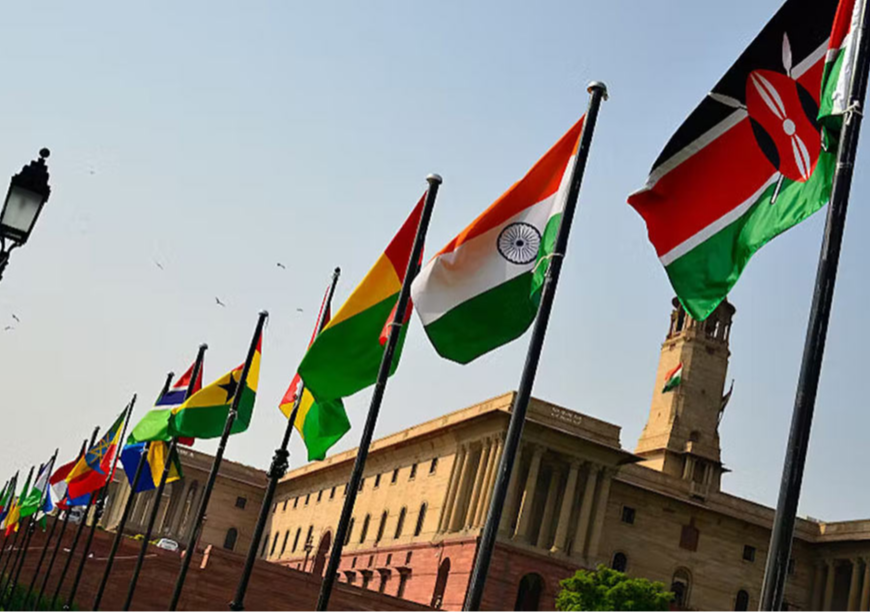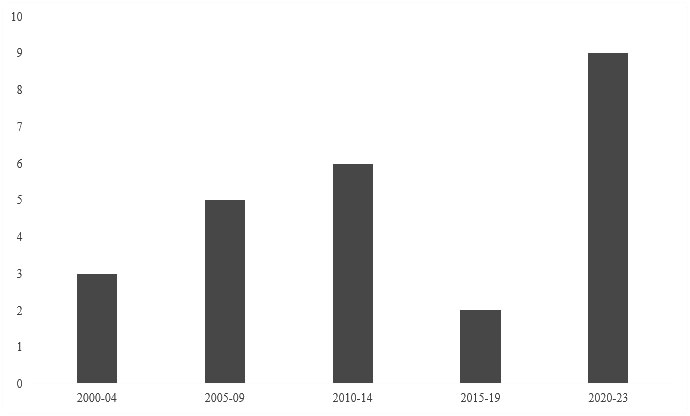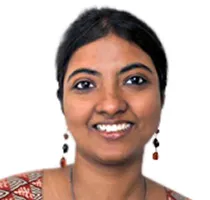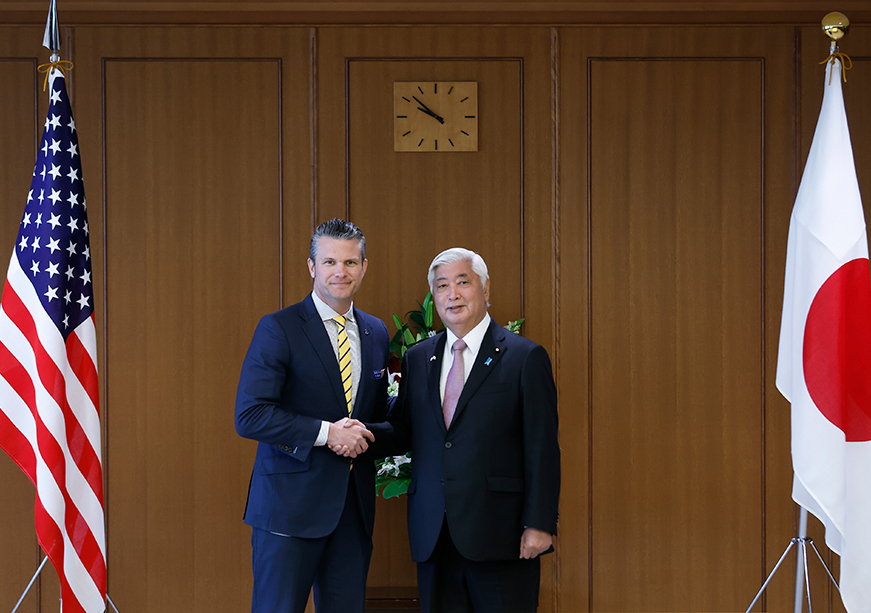
The year 2023 was a good year for India’s foreign policy. The country ably used its G20 presidency to solidify its position as the leader of the Global South. Securing a permanent membership for the African Union (AU) in the G20, a platform which has traditionally been dominated by the most powerful countries of the world, was the hallmark of India’s presidency. The induction of the AU into the high table implies that Africa, a continent which has hitherto been marginalised in global affairs, will now be able to contribute and shape global affairs. Prime Minister Modi’s much-appreciated personal intervention through phone calls to G20 leaders was on expected lines as he has described the continent to be his top priority on several occasions.
The induction of the AU into the high table implies that Africa, a continent which has hitherto been marginalised in global affairs, will now be able to contribute and shape global affairs.
India and Africa have a time-honoured partnership based on shared values and the country enjoys considerable goodwill within Africa. India’s trade with Africa has grown from US$ 68.5 billion in 2011-12 to US$ 90.5 billion in 2022-23 and Indian investors have also expanded their footprint in Africa. India is now one of the top five investors in Africa with cumulative investments worth US$ 73.9 billion between 1996 to 2022. Together, India and Africa have also made effective contributions to protect the interests of developing countries at international fora, particularly the World Trade Organisation (WTO). They moved joint proposals such as the Agriculture Framework Proposal and more recently, India and South Africa proposed an intellectual property right waiver for COVID-19 vaccines at the WTO.
However, the inordinate delay, a nine-year gap, in the fourth India-Africa Forum Summit, after three consecutive summits in 2008 (New Delhi), 2011 (Addis Ababa), and 2015 (New Delhi), does not bode well for the partnership. While the pandemic is one of the main reasons behind the delay, AU has held several summits with other partners in the post-pandemic years viz. the Forum on China-Africa Cooperation (2021), US-Africa Leader’s Summit (2022), EU-AU Summit (2022), the Tokyo International Summit for African Development (2022), and the Russia-Africa Summit (2023). After the third India-Africa Summit which saw participation from all 54 countries of Africa, it is now AU’s turn to host the India-Africa Summit. Therefore, India should actively engage with the AU to hold the India-Africa Forum Summit as soon as possible.
Moreover, the fourth India-Africa Forum Summit should build on the gains made at the G20 summit and spell out the agenda for the future. After all, much has changed since the last India-Africa Forum Summit. The most remarkable difference is the change in the fortunes of the African continent. After a promising start in the new millennium, growth has decelerated across the continent.
Food and Agriculture Organisation estimates suggest that about 20 percent of Africa’s population (nearly 282 million people) was undernourished in 2022 which is an increase of about 57 million people since the onset of the pandemic.
The twin shocks of the COVID-19 pandemic and the Ukraine-Russia conflict have dealt heavy blows to African economies and much of the continent is currently reeling under debt distress and food insecurity. According to a recent International Monetary Fund (IMF) paper, more than half of the 35 Sub-Saharan African countries with DSF (Debt Sustainability Framework) ratings are at high risk of debt distress or already under debt distress, debt to GDP ratio in Africa has doubled from 30 percent in 2013 to 60 percent in 2022, and the ratio of interest payments to revenue, an important indicator of debt servicing capacity has also increased from about 5 percent in the early 2010s to 11 percent in 2022. Recent Food and Agriculture Organisation estimates suggest that about 20 percent of Africa’s population (nearly 282 million people) was undernourished in 2022 which is an increase of about 57 million people since the onset of the pandemic. The incidence of acute food insecurity has increased by a whopping 150 percent from 61 million in 2019 to 149 million in 2023. Conflict is the main driver of food insecurity as nearly 80 percent of the people facing acute food insecurity are located in conflict-affected countries. Moreover, over 40 million people have been displaced due to conflict, more than double the number in 2016.
The continent has also seen an increase in the number of coups between 2020 and 2023 with 9 military takeovers in seven countries viz. Mali, Chad, Guinea, Sudan, Burkina Faso, Gabon, and Niger (Figure 1).
Figure 1: Number of successful coups in Africa from 2000 to 2023

Source: https://projects.voanews.com/african-coups/
Present circumstances call for a new chapter in India-Africa relations. While the values of solidarity, mutual respect, and the 10 guiding principles outlined by Prime Minister Modi in Uganda will continue to guide India-Africa relations, there is a strong need to focus attention on contemporary needs, chiefly food security and debt sustainability. Food security has been an important pillar of the India-Africa partnership and featured prominently in the last three India-Africa Forum Summits. However, given Africa’s current vulnerability and its severe dependence on food imports, food security is the continent’s prime concern. As such, Africa’s food security and agricultural transformation should be one of the top priorities for India-Africa engagement in the coming years. Also, as noted by ORF experts, Soumya Bhowmick and Nilanjan Ghosh, African countries face higher borrowing costs than other regions of the world due to inherent biases in the global financial system. Therefore, reform of the global financial system and addressing Africa’s debt burden are other major goals which both India and Africa should strive to work towards. India and Africa should use the platform of the India-Africa Forum Summit to carve out an agenda for the future. Time is running short as 2024 is an election year for India. Is anyone listening?
Malancha Chakrabarty is a Senior Fellow and Deputy Director (Research) at the Observer Research Foundation
The views expressed above belong to the author(s). ORF research and analyses now available on Telegram! Click here to access our curated content — blogs, longforms and interviews.





 PREV
PREV



